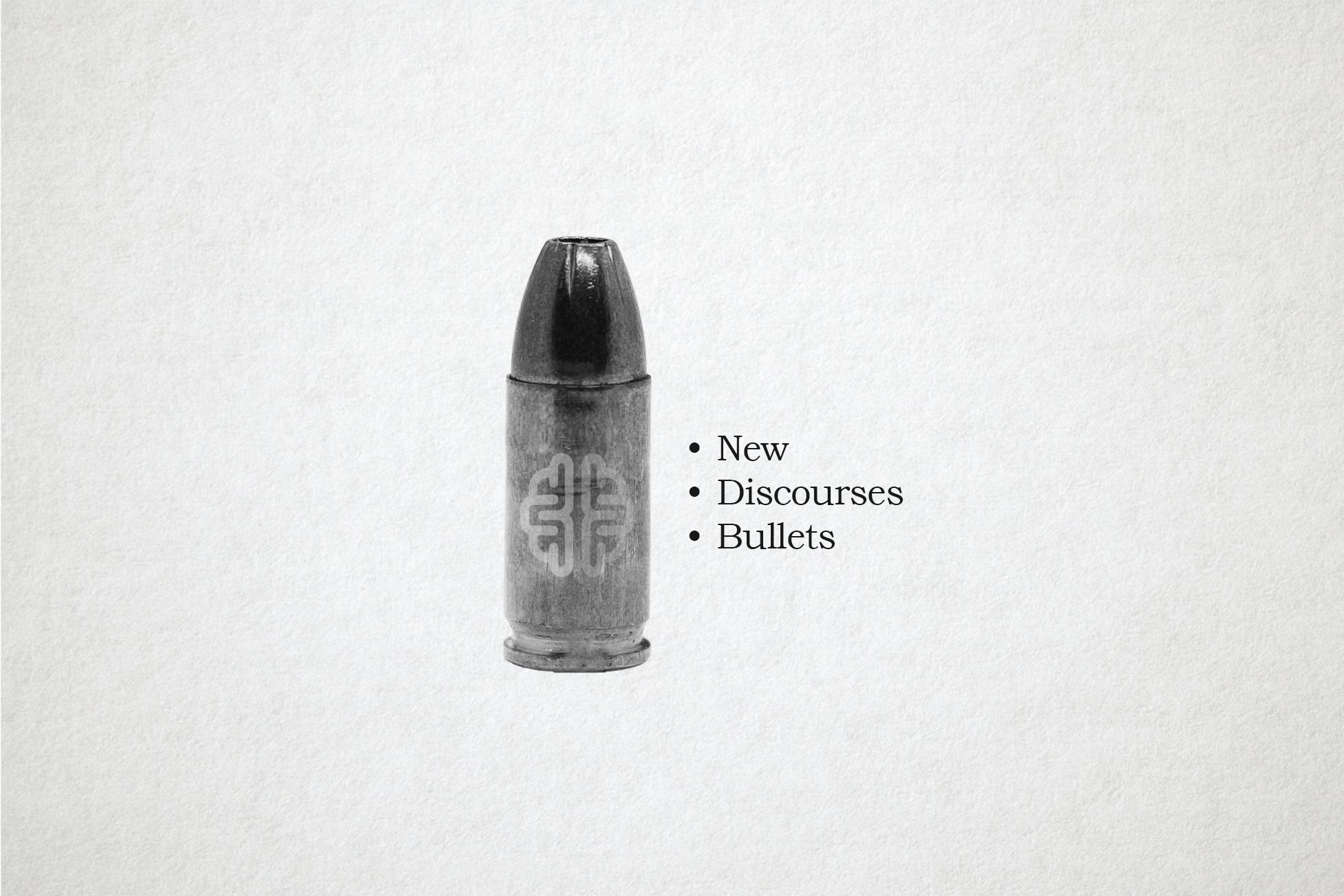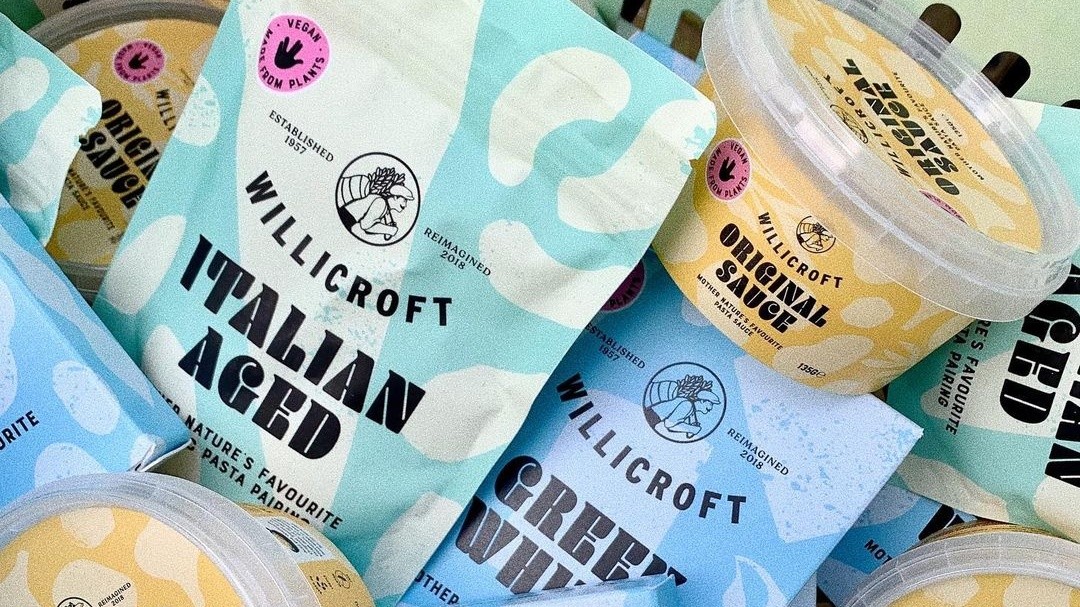The work is challenging, relentless and can be emotionally draining, but progress is growing—and everyone can make a difference, according to three women who toil to align justice, equity and regenerative efforts across the natural products industry.
“A lot of the principals and practices being reintroduced today as regenerative are actually very old and part of indigenous culture,” said Kara Boyd, president of the Association of Indian Farmers and a Kiss the Ground board member, noting the importance of crediting people who have practiced these methods for a very long time.
Boyd—with Alison Czeczuga, director of social impact and sustainability for Gaia Herbs, and Karen Lickteig, community coordinator and strategic advisor to B Corp Climate Collective at B Lab—discussed strategies for bringing justice and equity into regenerative agriculture practices. The Natural Products Expo West Climate Day session, The Imperative for Centering Justice & Equity When Building a Regenerative Climate-Friendly Supplier Network, was moderated by MaryAnne Howland, co-founder of J.E.D.I. Collaborative and co-founder and CEO of the Global Diversity Leadership Exchange.
The discussion, which ranged from Aunt Jemima to deep mindset shifts, is available to view on-demand here.
With so much involved in the enormous issue of climate work, people can sometimes miss the social aspects, Czeczuga said.
“But you have to look at all the systems holistically,” she continued. “It goes back to our foundation, the Gaia theory that indigenous cultures around the world have been telling us for eons—that the whole earth is one interconnected organism and what we do in one sector affects the others.”
Lickteig reinforced this idea, saying, “For a long time, we’ve divorced people from the environment; it’s been ‘protect the environment for the environment’s sake.'” A few years ago, Climate Collective members realized climate justice needs to be at the center of the conversation—and that many B Corp businesses wanted to get involved but did not know how. So, they created the Climate Justice Playbook for Business.
In outlining the project’s work, Lickteig pointed out how team members fell into some traps when it came to giving voice to different communities—the same traps they were trying to educate others about.
“We interviewed people we had the easiest access to, instead of suppliers that were more difficult to reach,” she said. “We had to go back to the drawing board and seek out the voices we were missing.”
One of the biggest takeaways in creating the Playbook was realizing that justice and equity work is “not just a one and done. It’s transformational. It’s constant work,” Lickteig says. “It’s not just deeply embedded in business, but deeply embedded in our minds, in our hearts and deeply embedded in systems that we have to be constantly working to change.”
That’s why we all need to maintain a strong J.E.D.I. mindset, Howland said. Keeping justice, equity, diversity and inclusion in mind constantly when relating to internal and external communities is critical, she said. Also critical is cultivating the relationships that are so critical to this work.
Panelists shared examples of how each of their organizations employed the J.E.D.I. mindset to overcome challenges along the journey to justice and equity within the regenerative movement.
“And it’s a long journey—one we’re only just beginning,” Czeczuga said.
Editor’s note: You can take a peek at a page from the playbook.
To watch this and other Natural Products Expo West sessions, visit Natural Products Expo Virtual. Access to NPEV is included with Expo West in-person registration.
New Hope Network has planned a year of activities on our community platform, Natural Products Expo Virtual. Discover thousands of amazing companies, more pre-show programming and livestreamed sessions including Climate Day, Pitch Slam and the State of the Natural & Organic Industry keynote.
Source link
Author content_manager







